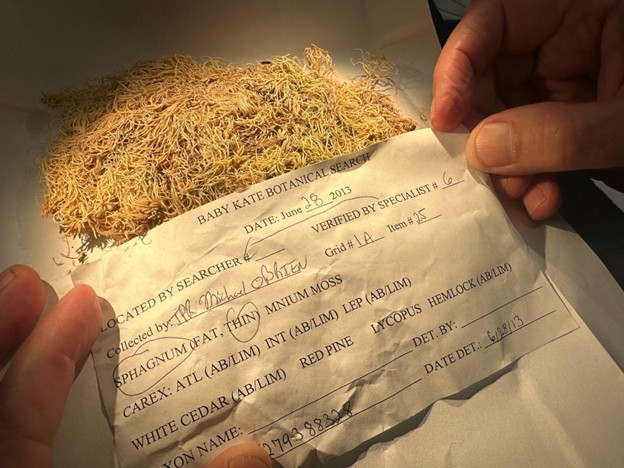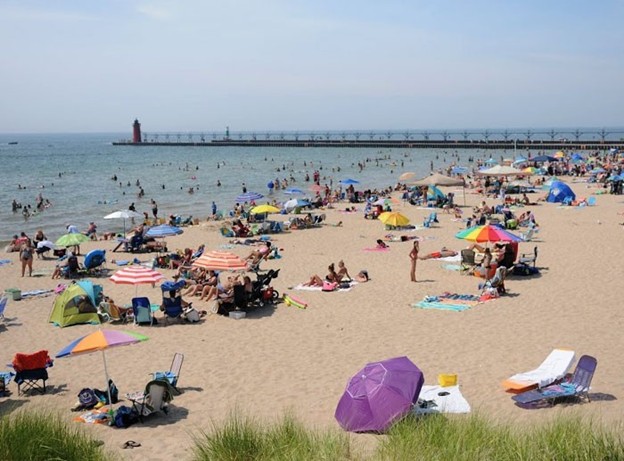Solutions
Winter makes curved roads dangerous; researchers seek solutions
|
By Eric Freedman
Flashing light on warning signs near curves can slow drivers and reduce the odds of a crash during winter weather conditions, says a new study by Michigan State University engineers.









